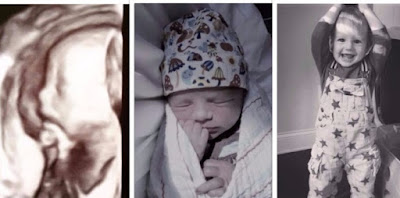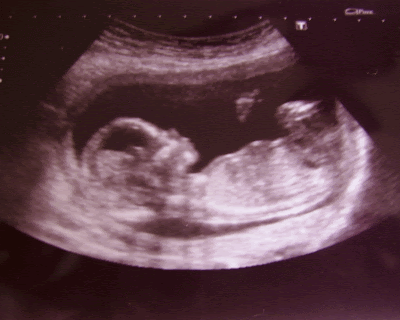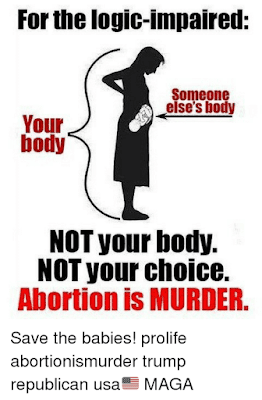I Used to Be Religiously Pro-Life
I used to be religiously pro-life.
Or rather, I used to be pro-life because I am religious.
I’m still pro-life. And I’m still devoutly Catholic. I just don’t necessarily believe the former is dependent on the latter.
Being pro-life merely because your religion dictates it puts you in a dangerously tempting position – a position to say “abortion is wrong for me, but not everyone shares my beliefs, so it is not wrong for everyone” much as you would say “It is wrong for me to miss Sunday Mass, but not everyone shares my beliefs, so it is not wrong for everyone.”
Many people I know acknowledge the tragedy of abortion and would never choose it for themselves, but simply do not feel that it is their place to make that decision for others. Of course, this “personally pro-life” position is basically the definition of pro-choice. I understand the appeal of this position. It is a comfortable position to be in (moral relativism usually is), but you can only remain in this position if you don’t think too deeply about whether or not abortion is a victimless action.
Greg Koukl proposed that “If the unborn is not a human being, no justification for abortion is necessary. However, if the unborn is a human being, no justification for abortion is adequate.”
Because of my religion, but also because of biology and logic, I believe the unborn are human. Deep down, I think most people know this to be true and just need to follow this knowledge to its logical conclusion.
If you think abortion is sad, horrible, difficult, and/or serious, you are already halfway there.
If you think there should be some limits on abortion, regardless of what those limits are, you are already halfway there.
If you are “personally pro-life,” you are already halfway there.
If you think abortion is “a necessary evil” or should remain “legal, safe, and rare,” you are already halfway there.
If you’ve ever treasured an ultrasound image of your child, you are halfway there.
Why should abortion be rare? Why is the decision so difficult? Why would you never have an abortion? Why don’t you like it?
Why?
Because abortion destroys something that has intrinsic value.
Why do we say it’s okay for you to “choose” to destroy this, but we need laws to prevent you from destroying that?
What determines our humanity? Is it size? Location? Age? Independence? Circumstance? Being wanted?
Is a teenager’s life worth more than a toddler’s because the teenager is bigger?
Is a newborn’s life worth less than that of a 10-year-old’s life because the 10-year-old is more independent?
Is a professional athlete’s right to life greater than that of a woman in a wheelchair?
Is the child of wealthy parents more worthy of legal protection than a child who frequently goes hungry?
Can a mother kill her son because as he grows he resembles and reminds her of an abusive ex-husband?
If a young girl wanders into your house uninvited, are you allowed to kill her? What if asking her to leave would endanger her life? What if you called the police and they told you it would take them nine hours to come collect the child? What if it took nine months? Could you kill her then?
We cannot draw arbitrary lines at points in human development or changes in circumstance where we go from “I don’t know if you can hurt him. That’s up to you” to “No. You do not have the freedom to intentionally cause harm to an innocent human.” A person’s value does not increase by degrees. It is inherent, intrinsic, and not up for each of us to determine according to our opinion.
This is why my pro-life position is not determined solely by my faith. My faith does inspire and embolden me to speak on this difficult topic where I am usually a very non-confrontational person, but I believe abortion is as much a human rights issue as it is a religious one.
My hope is that in the future we will think about legal abortion they way we think about slavery today. So rather than accusing me of imposing my view, instead understand that I am proposing that you think about it. I can’t change a law, but maybe I can change a heart.
[Today’s guest post by Laura Vilaro is part of our paid blogging program.]




Leave a Reply
Want to join the discussion?Feel free to contribute!